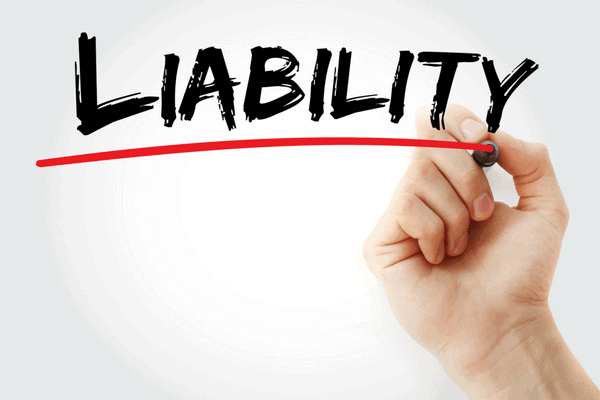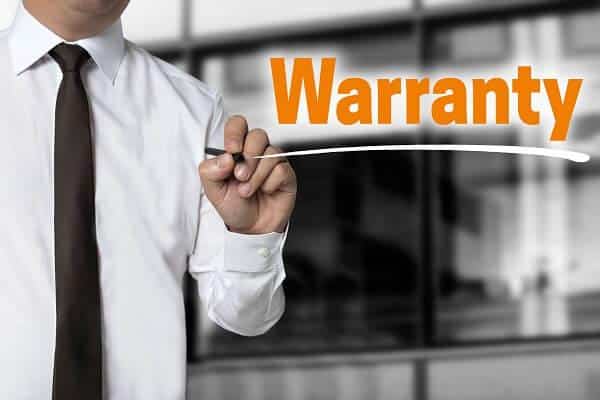Technology seems to be progressing at a crazy pace these days. Think of all the gadgets and things we take for granted now. So when our
Atlanta product liability lawyers saw an
article about driverless cars, it seemed like something that could possibly be not too far in the future of our lives. Google has a fleet of driverless cars and Audi and BMW are investing in the new technology too. Driverless cars are already being tested in some parts of the US.
Most car accidents are due to some kind of human error, whether negligent or reckless or otherwise. It is the number one cause of road accidents and as much as 90 percent of fatal car accidents are due to a human mistake. So theoretically, new driverless cars could save thousands of lives by reducing the risk of many accidents. It could especially counter the more extreme forms of dangerous driver behavior, such as road rage. And of course it could also impact drunk driving, as well, if those intoxicated could mainly, or someday entirely, depend on their car to drive them home.
The new question that will be faced once these driverless cars are on the roads is who will be liable in a car crash. The auto industry knows that there is a high likelihood of product liability law being more prevalent in car crash cases in the driverless future, although industry experts note that there will still, at least in the foreseeable future, be drivers in the car, just with less active driving than now. This is an issue that will have to be addressed and sorted out. Last year, Arizona introduced a law to cover driverless cars. Nevada and California have laws on the books about driverless cars, too, including a provision that requires a licensed driver to be in the car ready to take over driving at any time. So that driver would still have the potential for liability in crashes involving these new cars, as they do with regular driver-operated cars. It won’t be long before most states will have provisions to face this new technology. Jeff Dial, who introduced the Arizona law, said, “The more you deal with this issue, the more the issue grows and grows.One other idea to confront the product liability issue is to model driverless car liability after the way vaccine liability is handled. Congress created a special way to handle these cases in the 1980s, and now the cases go to special hearings and victims are paid through funding provided by a tax on vaccines.
 Georgia Personal Injury Lawyer Blog
Georgia Personal Injury Lawyer Blog



